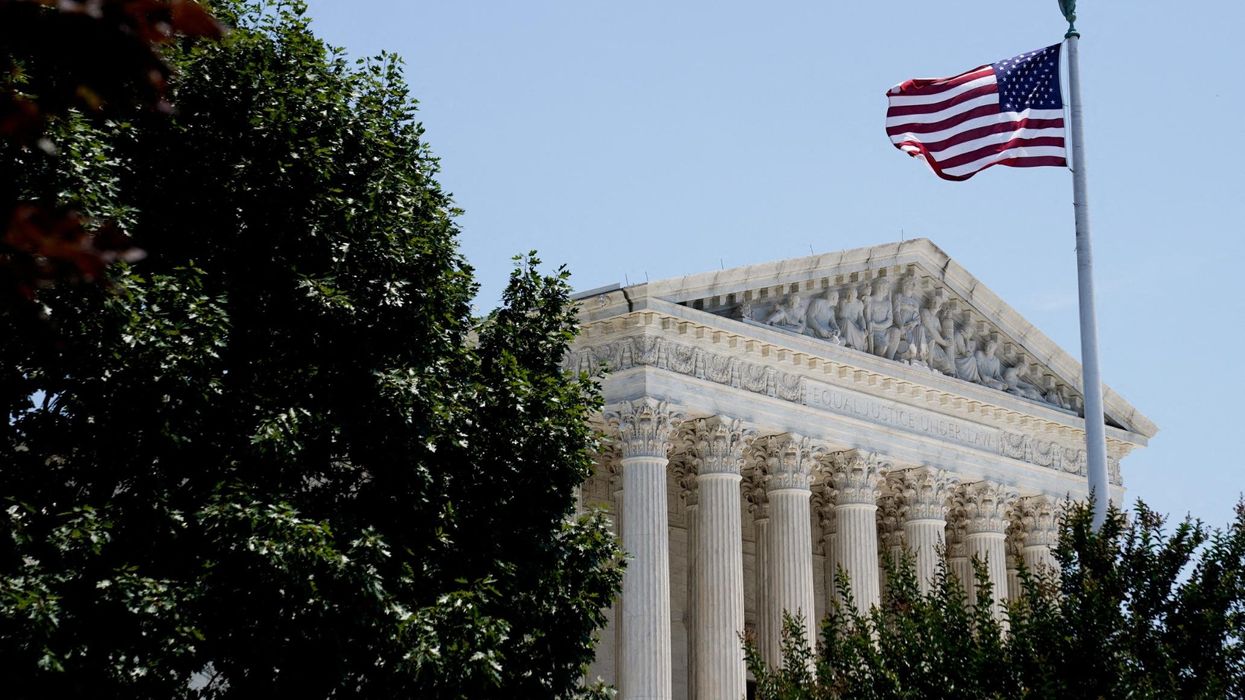(CNN) — The US Supreme Court on Monday declined a request from voters in Kansas to review a state court decision they say allows for racial gerrymandering of congressional districts there.
In a controversial decision last year, the Kansas Supreme Court upheld a Republican-drawn map that had been blocked by a lower court over partisan gerrymandering and the dilution of minority voting strength. The new congressional map split Wyandotte County — home to Kansas City — into two congressional districts for the first time in several decades.
The court did not disclose a vote count.
The court's decision to not hear the case means that the newly redrawn map will remain in play.
Kansas had asked the US Supreme Court to not take the case, arguing in court papers that it lacked jurisdiction in the matter and that the state court rightly decided the case.
The group of voters, represented by the ACLU, the ACLU of Kansas and the Campaign Legal Center, said in court papers that the Kansas Supreme Court "held that intentional racial discrimination in redistricting is unconstitutional only if it prevents the formation of a majority-minority district."
"Under this conception of the Fourteenth Amendment, where minority voters are fewer in number or more dispersed, states have carte blanche to intentionally discriminate against them in drawing districts — even if the legislature announced that it acted specifically to disadvantage minority voters," they wrote.
The voters were asking the justices to consider whether the Fourteenth Amendment bars "intentional racial discrimination in redistricting where the minority voters discriminated against are not sufficiently numerous to form a majority of eligible voters in a single-member district."
The-CNN-Wire
™ & © 2023 Cable News Network, Inc., a Warner Bros. Discovery Company. All rights reserved.
- Over 150 Voting Restriction Bills Introduced This Year ›
- President Biden Says the Right to Vote Is Under Assault ›

















































